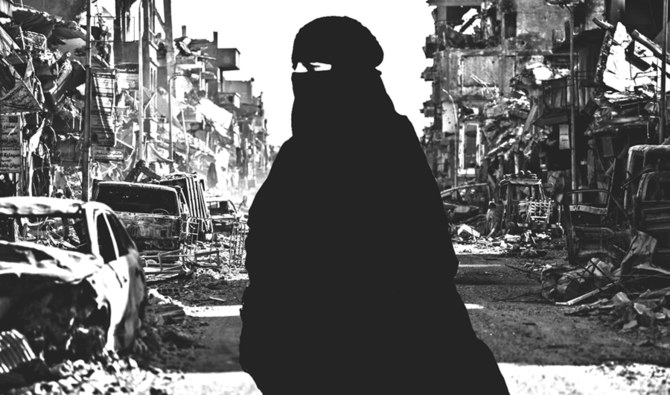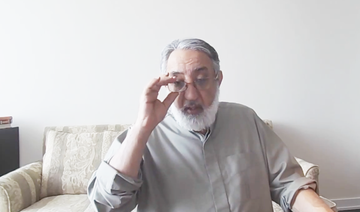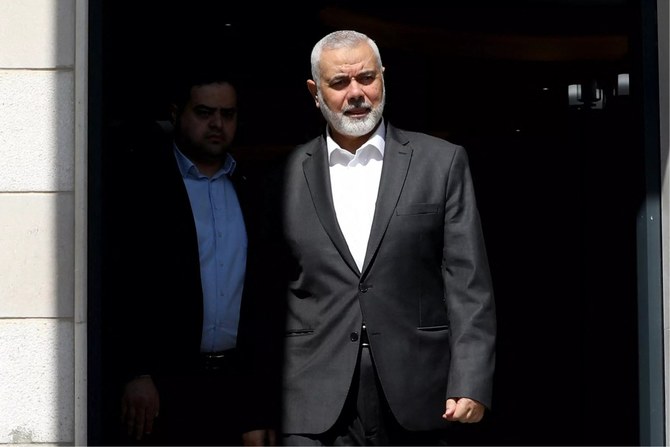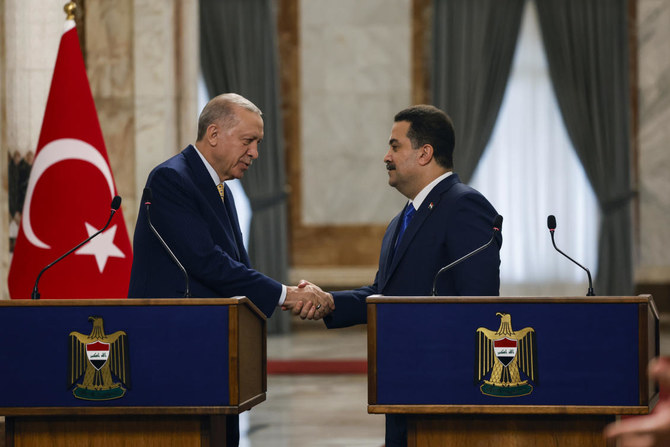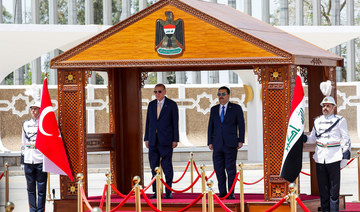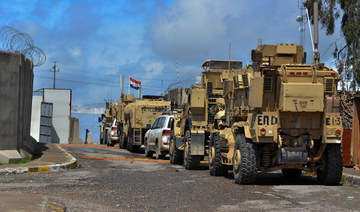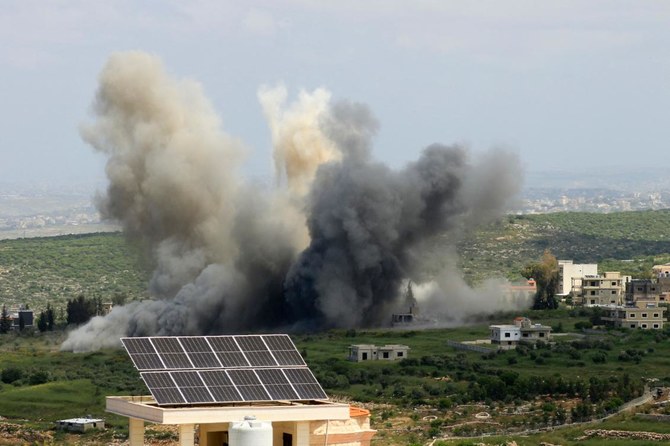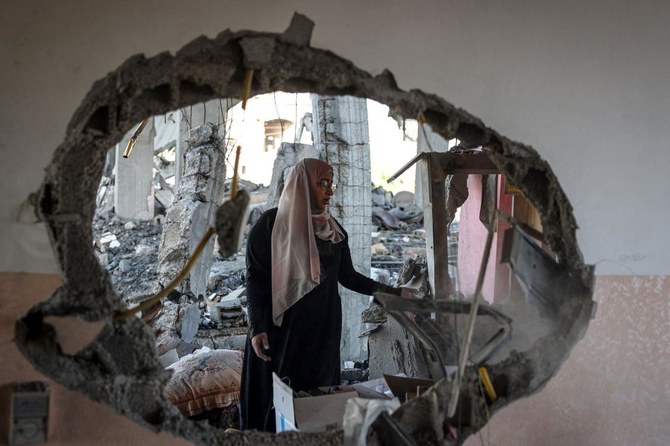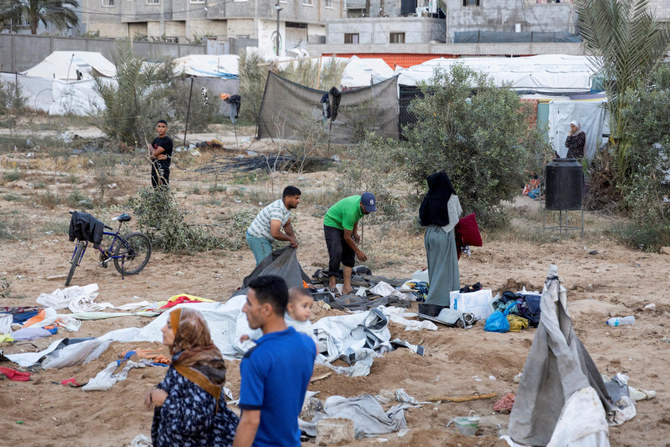LONDON: “There is no life but through jihad and its honor … jihad is our life and our victory It is what the soldiers of the enemy fear … and it is what created happiness in our lives.”
The above two stanzas are taken from a poem by the poet and writer Ahlam Al-Nasr encouraging women from around the world to join the terror group Daesh.
While little is known about Al-Nasr, her unconditional support for Daesh’s extremist, expansionist aim of imposing strict Shariah law on the world is obvious — and clearly evident through her writing.
“Ahlam Al-Nasr’s poetry was punchy and fresh, while still using mainly classical Arabic and the traditional monorhyme and focusing on the timeless tasks of praise, celebration, lament and lampoon,” Dr. Elisabeth Kendall, senior research fellow in Arabic and Islamic Studies at Pembroke College, Oxford University, told Arab News.
“Al-Nasr’s most powerful and enduring poems are simple clipped compositions that are ideal for conversion into nashids (anthems).
BIO
- Nationality: Syrian
- Place of residence: Unknown
- Occupation: Poet, Daesh propagandist
- Medium: Poetry, book entitled ‘The Blaze of Truth’
“Set to non-instrumental music and sometimes with violent video footage, their catchy sing-along rhythms can appeal to aspiring Daesh fighters in the West even if their Arabic is weak.”
Al-Nasr, whose real name cannot be verified, is thought to have been originally named Shaima Haddad, a young girl from Damascus who fled after the Syrian civil war erupted in 2011. A report by the New Yorker magazine claimed that firsthand experience of the Syrian regime’s air raids had triggered her radicalization.
“Their bullets shattered our brains like an earthquake/Even strong bones cracked then broke. They drilled our throats and scattered/our limbs — it was like an anatomy lesson!/They hosed the streets as blood still/Ran/Like streams crashing down from the/Clouds,” reads one of her earlier poems on the bloody conflict.
Al-Nasr’s family fled to Kuwait shortly after fighting broke out, but the writer did not plan on staying in the small Gulf state for long.
She returned to Syria in June 2014 and, four months later, wed Vienna-born extremist Abu-Usama Al-Gharib in the terror group’s de-facto capital Raqqa, which capitalized on her recruitment into Daesh’s ranks.
Al-Nasr quickly rose to prominence among the extremists. Her poems covering death and destruction, of loyalty to the caliphate and the beheading of apostates, spread like wildfire among militants and commanders, spurring them even further through romanticized versions of their plight.
“Poetry is an incredibly powerful medium of communication in the Arab world, much loved among educated and illiterate alike,” Kendall said. “The Arab version of ‘Pop Idol’ features aspiring poets and has over 70 million viewers.

“More importantly, poetry endures. Militant jihadi Twitter feeds, Facebook pages and chat forums can be closed down, but the poetry remains lodged in the collective memory.”
Al-Nasr was a court poet in Raqqa and was used as an official propagandist for Daesh — an ironic move given the strict restrictions the terror group places on women.
Her book “The Blaze of Truth” is a collection of 107 poems praising the militants’ goals and supporting their “journey,” with the poetic, elegant prose designed to recruit even more extremists.
In one of her poems, she incites Muslims across the world to kill and burn the enemies of Islam, saying: “Our innocent children have been killed and our free women were horrified/Their only crime was being Muslim/They have no savior/Where are the heroes of Islam?/Kill them and burn them and do not worry about the consequences/follow your almighty sword, and you will make the best news.”
Opinion
This section contains relevant reference points, placed in (Opinion field)
Other poems include praise for Daesh’s self-proclaimed caliph and Preacher of Hate Abu Bakr Al-Baghdadi, who committed suicide during a US raid in October, as well as a poem titled “Osama, You Have Left” in which she mourns Al-Qaeda founder Osama Bin Laden and refers to him as a “reformer.”
Al-Nasr not only writes poems, but has also delivered a 30-page essay detailing her support for Daesh’s decision to burn captured Jordanian pilot Muath Al- Kasasbeh.
Much is yet to be discovered about Al-Nasr and her place within Daesh as the organization crumbles in the face of international coalition raids, but one thing is certain — her poetry will continue to be sung by the militants.
“My own survey work in Yemen shows that 74 percent of the population consider poetry either ‘important’ or ‘very important’ in daily life,” Kendall said.
“No surprise, then, that extremists use it to spread their message,” she added.




